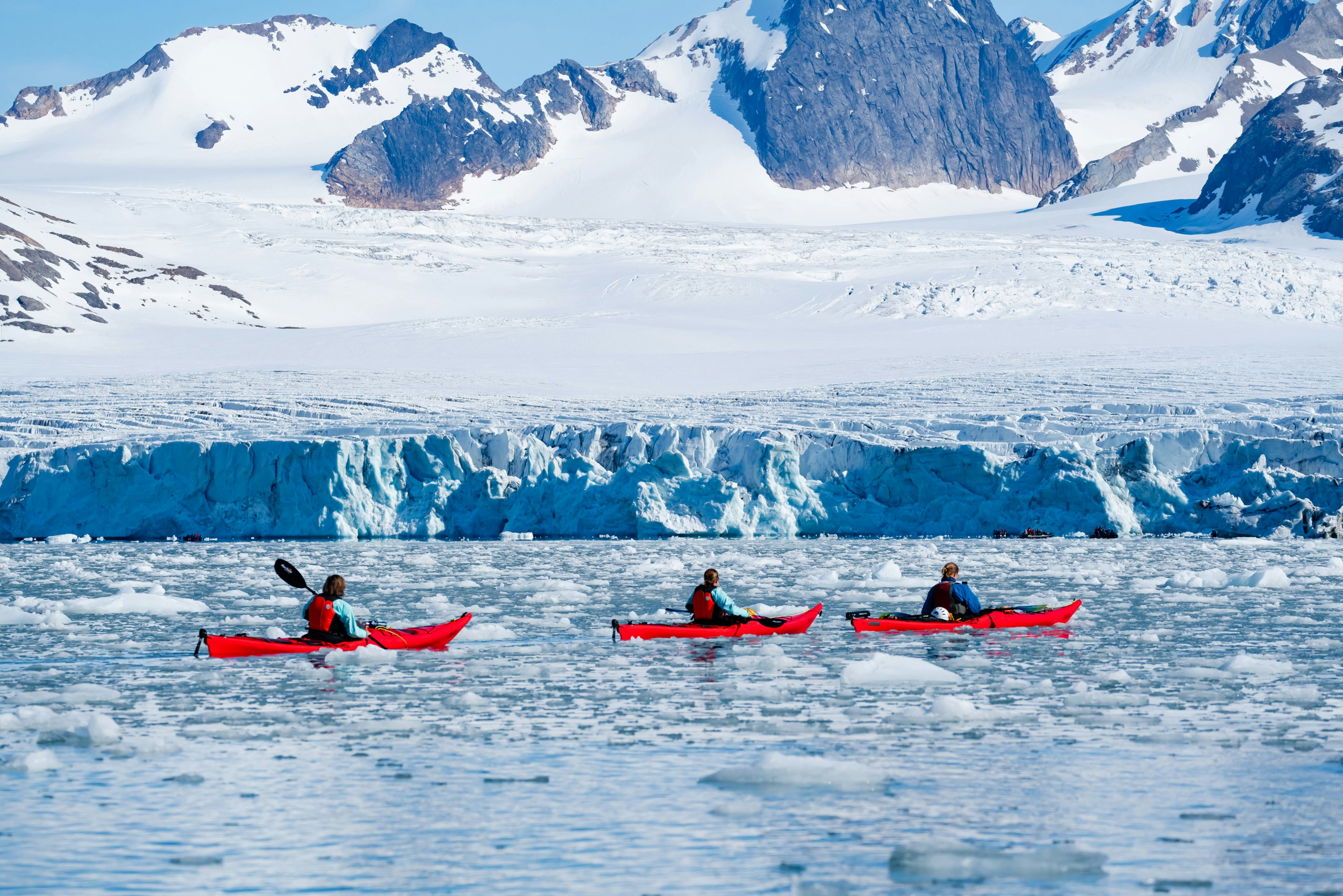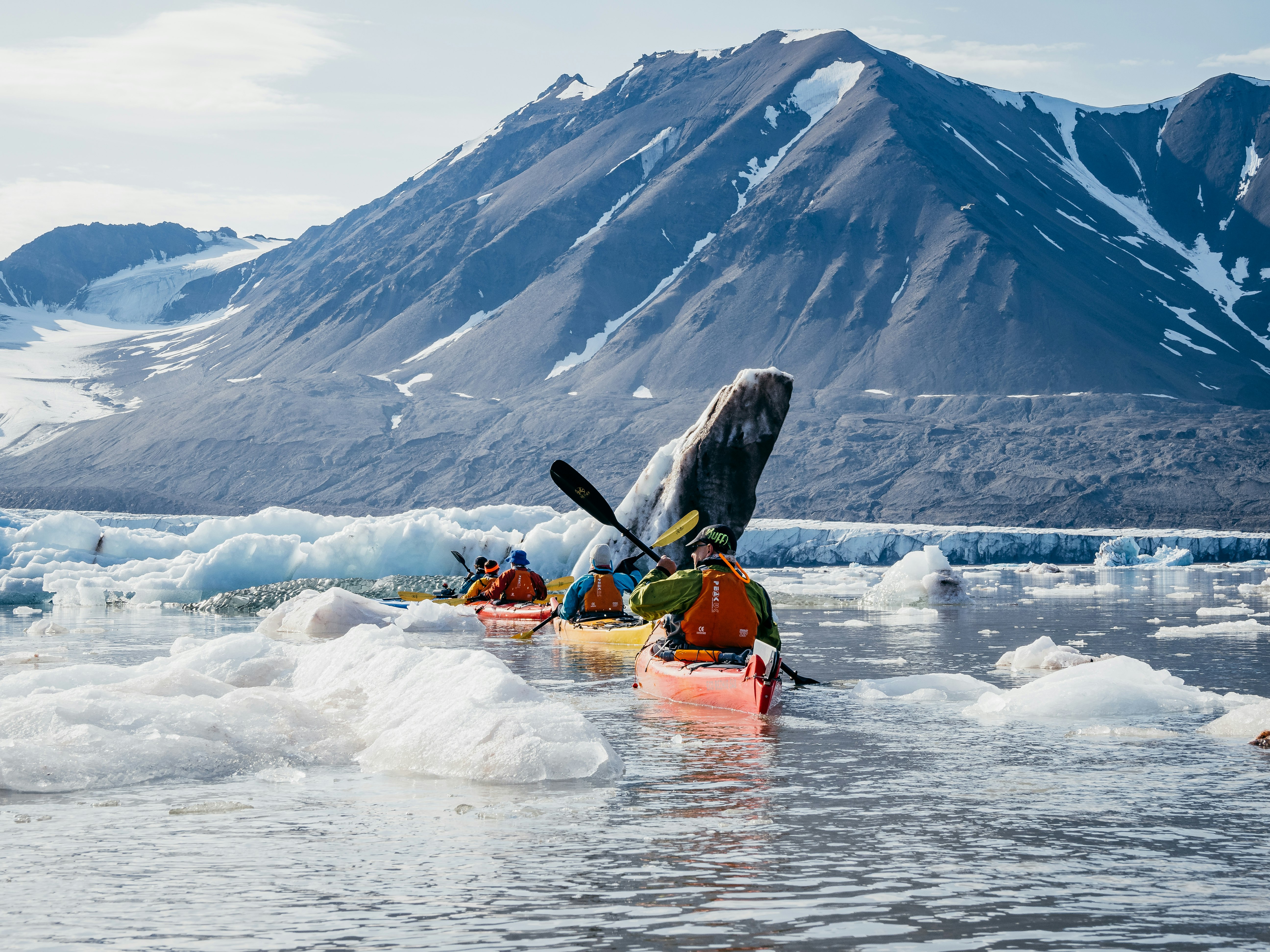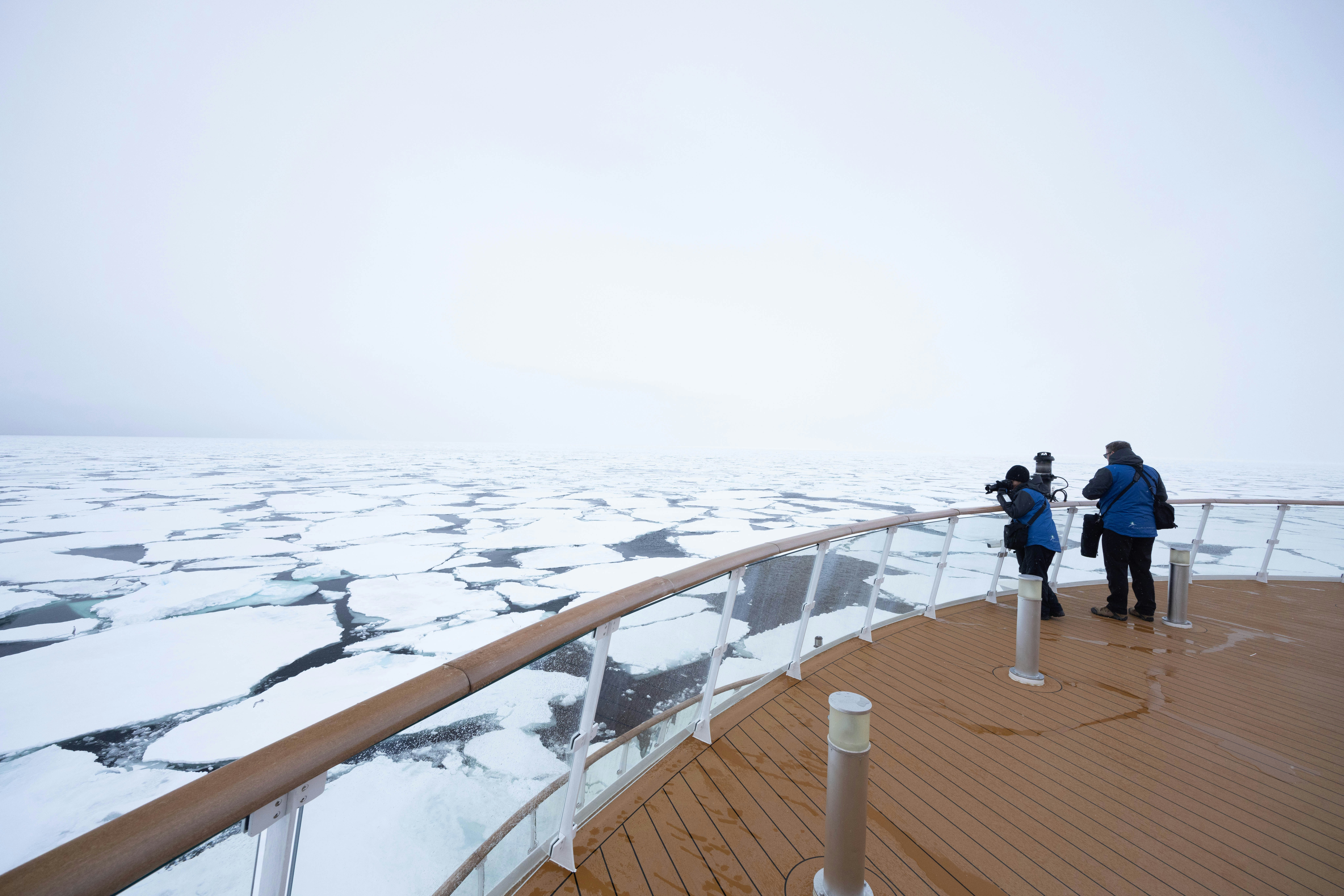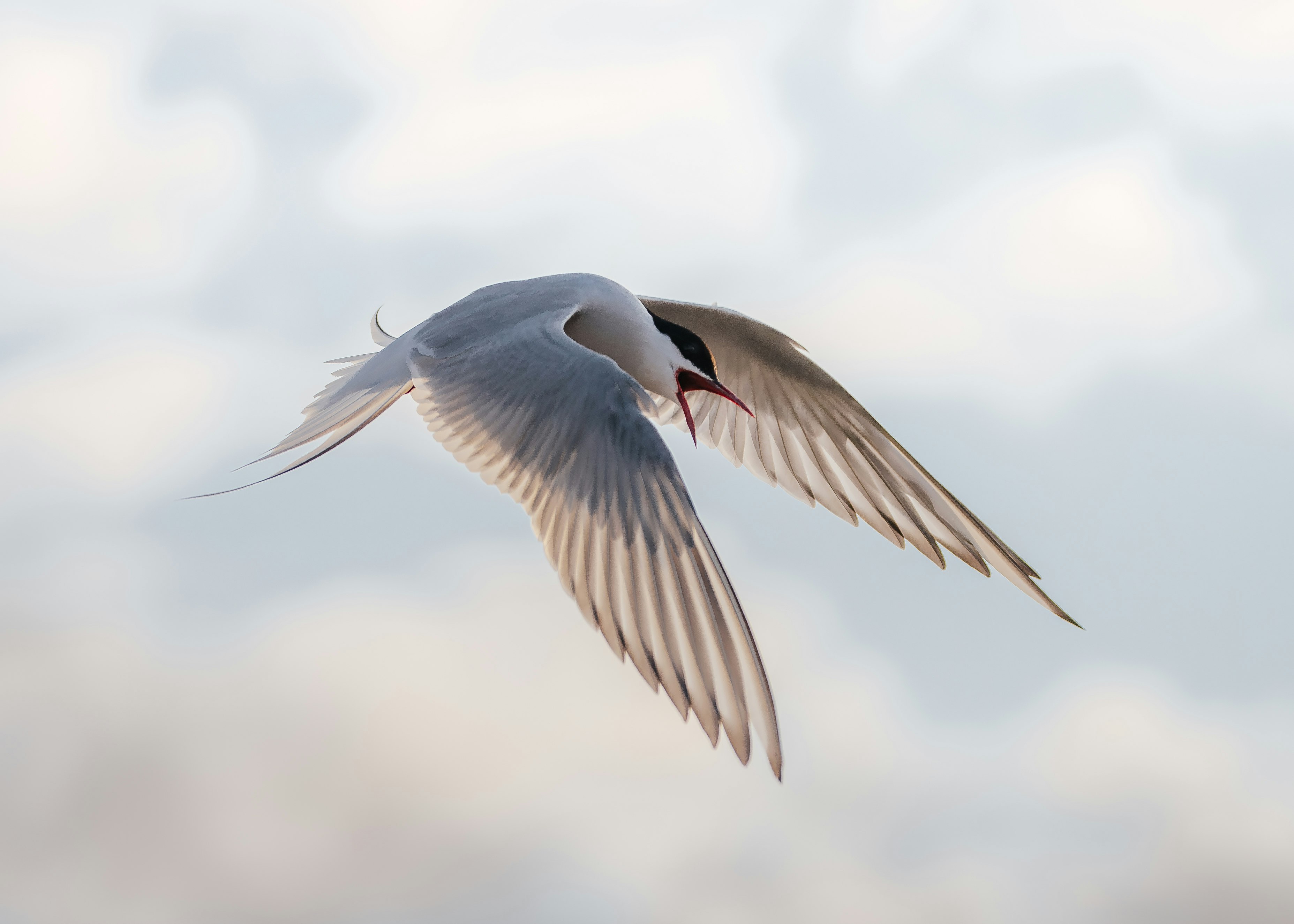The great sweep of the Arctic encompasses the northernmost latitudes on earth.
From the incomparable glaciers of Greenland to the captivating geology of Svalbard and the endlessly beguiling volcanic island of Iceland, the Arctic offers unparalleled encounters with the natural world at its most rugged and wild.
Our purpose-built expedition ships take you into the heart of the Arctic, where wildlife thrives in abundant waters and vast tundra. Zodiac cruise through drifting pack ice, watching for inquisitive seals and breaching whales. Experience the immensity and cacophony of dramatic bird cliffs or search for the elusive polar bear and walrus on sea ice. Immerse yourself in this mesmerising world steeped in rich history, fascinating traditional culture and wildlife that entrances and delights.

Destinations in the Arctic
Discover cascading waterfalls, breathtaking fjords and sheer bird cliffs as you cruise, Zodiac or hike through the stunning vistas of Svalbard, Greenland, Iceland and more.
Greenland
Embark on a cruise adventure to the remote coastal regions of Greenland, where you will experience a pristine natural environment that is uniquely Arctic.
Svalbard
Explore tundra adorned with wildflowers, keep watch for arctic fox, and discover historical camps of explorers and hunters. Push through pack ice to find walrus and bearded seals, and delight in the breathtakingly beautiful fjords.
Northwest Passage
Follow in the footsteps of the early explorers and aim to immerse you the fascinating history of the fabled route, Inuit culture and otherworldly Canadian High Arctic landscapes.
Iceland
A place where stark beauty and dramatic landscapes capture the imagination and lift the soul- A destination where hot springs, calving glaciers, lava-strewn fields and craggy volcanoes create unrivalled experiences for every kind of traveller.
Northern Lights
Our Northern Lights cruise sticks to the aurora zone in the Arctic Circle, but seeing the lights dance is only one part of your Northern Lights adventure. Exploring the polar regions provides you with opportunities like no other.
Norway
Norway has been calling to adventurous souls for centuries, who yearn to get closer to nature through hiking its breathtaking trails or sightseeing from the water.
Arctic Cruises 2026 & 2027
Jewels of the Arctic
Northwest Passage
Spitsbergen: Realm of the Ice Bear
Frequently Asked Questions about Arctic Cruising
Aurora Expeditions voyages attract a wide range of travellers and age groups. While you don’t need to be able to run a marathon, our expeditions to the Arctic do offer lots of great landings and walking opportunities.
Each passenger must return a signed medical form from their general practitioner no later than three months, and no earlier than six months, before your voyage departure date.
Travelers journeying to the Arctic with Aurora Expeditions must secure travel insurance that includes emergency evacuation coverage. This is essential for safeguarding against unforeseen circumstances such as illness, accidents, loss of luggage and personal items, unexpected changes in travel plans, and travel disruptions.
We have 3 different ports that we use for our expeditions in the European Arctic: Longyearbyen, Reykjavik & Aberdeen.
How long is a cruise to The Arctic?
The duration of an Arctic cruise with Aurora Expeditions varies based on the specific itinerary chosen. Arctic cruises typically range from 8 to 30 days, allowing travellers to explore the mesmerizing landscapes, wildlife and unique cultures of the region. The itineraries are thoughtfully crafted to include highlights such as glaciers, fjords and Arctic wildlife encounters. For precise information on the duration of a specific cruise, it is recommended to refer to the detailed itineraries of each Arctic expedition
The cost of an Arctic cruise with Aurora Expeditions varies depending on factors such as the duration, stateroom type and specific itinerary. Prices typically start from US $10,000 per person. These expeditions offer an extraordinary journey into the pristine Arctic landscapes, showcasing icebergs, wildlife and unique cultures. See our Arctic Expeditions for more information on the experiences that await you.
Undoubtedly, an Arctic cruise with Aurora Expeditions is an extraordinary and highly worthwhile adventure. Exploring the pristine landscapes, glaciers and wildlife of the Arctic offers a once-in-a-lifetime experience. These expeditions provide opportunities for close encounters with polar bears, seals and awe-inspiring scenery.
Our expert guides will enhance the journey with their knowledge of the region’s unique ecosystems and cultures. Whether you’re a nature enthusiast, adventure seeker, or cultural explorer, an Arctic cruise promises unforgettable moments. Aurora Expeditions ensures a sustainable and enriching experience, making it an exceptional choice for those seeking the extraordinary in one of the world’s most remote and captivating destinations.
For an Arctic cruise with Aurora Expeditions, pack essentials such as warm, layered clothing, including waterproof outerwear for varying weather conditions. When onboard, dress is informal usually consisting of jeans or casual trousers, and light long-sleeve T-shirts or jumpers.
Each passenger aboard our Antarctic expeditions will receive an expedition jacket when they board the ship. However, you’ll need to ensure you pack the correct cold and wet weather gear for your landings, including gloves, a hat and thermal undergarments for added warmth. A good quality pair of binoculars, a camera and extra batteries are essential for capturing Arctic wildlife and landscapes. Sunscreen, sunglasses and a reusable water bottle are practical for sunnier days. Check out our polar expedition packing list for more information.
The best time for an Arctic cruise or expedition is during the Arctic summer, typically from May to September. This period offers milder temperatures, longer daylight hours and optimal conditions for exploring the region’s stunning landscapes and wildlife. The sea ice begins to break up to allow for greater access to remote locations. Aurora Expeditions carefully schedules their Arctic expeditions during this season, aligning with the northern hemisphere’s summer, to provide travellers with an unforgettable and comfortable experience amidst the unique beauty of the Arctic. It’s the ideal time for wildlife observation, glacier exploration and cultural encounters.
Where is the Arctic?
The Arctic and all you need to know about its land, animals and night skies are found in the information gathered over decades of research and exploration to the ‘desert of the north’. What we’ve learned about the Arctic is that this region is a magical place filled with dazzling sights and wildlife that has adapted to survive in this particular part of the world.
The word ‘Arctic’ comes from the Greek word for bear, ‘arktos’, which refers to two celestial bodies visible in the Arctic sky year-round. The constellations in question are Ursa Major meaning ‘Great Bear’ and Ursa Minor, ‘Little Bear’, which contains Polaris, the North Star.
The wilderness of the Arctic region is substantial and crucial for the migration and breeding of whale and bird populations from around the world. It remains one of the wilderness areas most critical for global diversity.




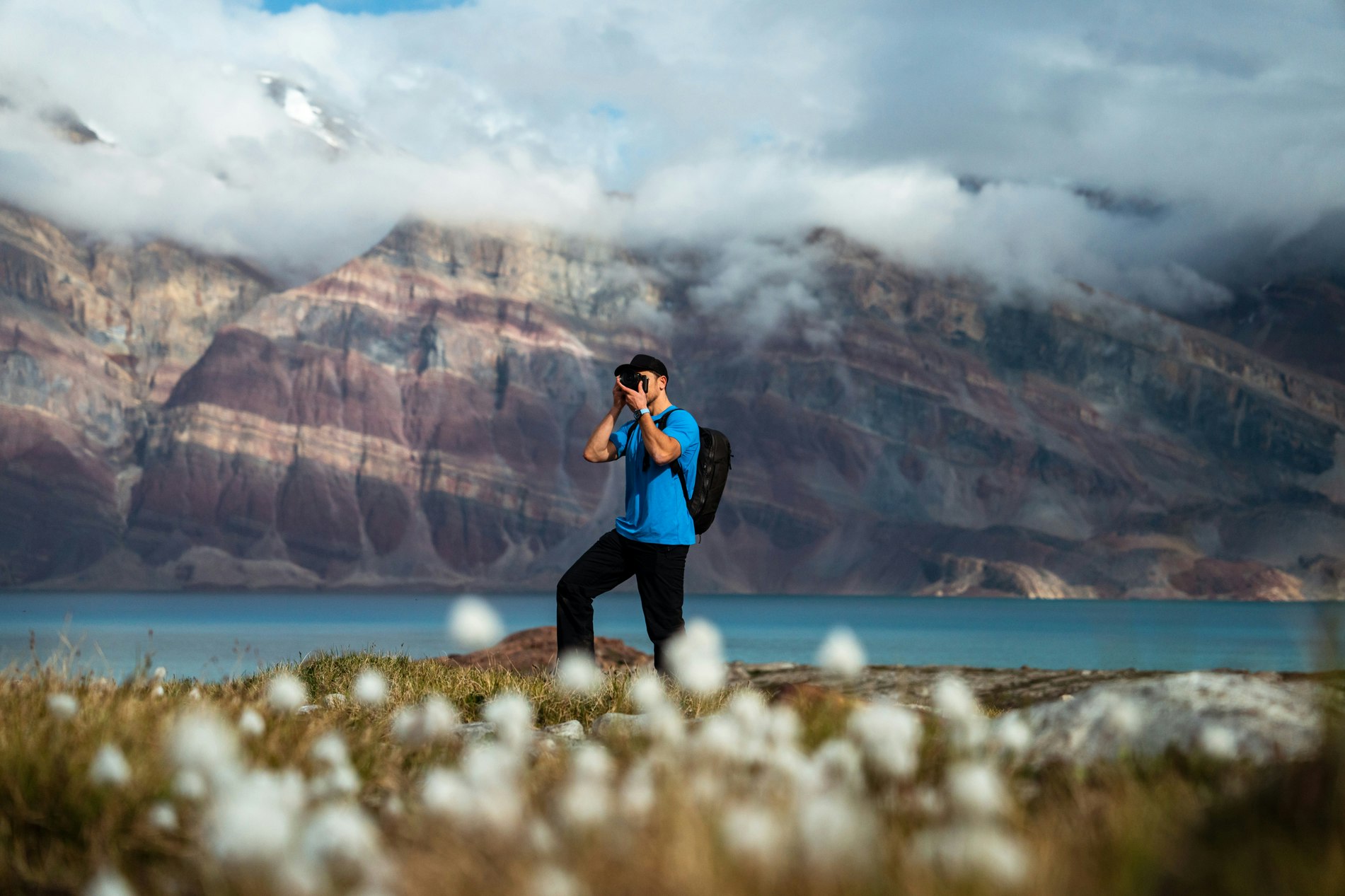-WEB.jpg?language=en&auto=format&w={width}&fit=cover)
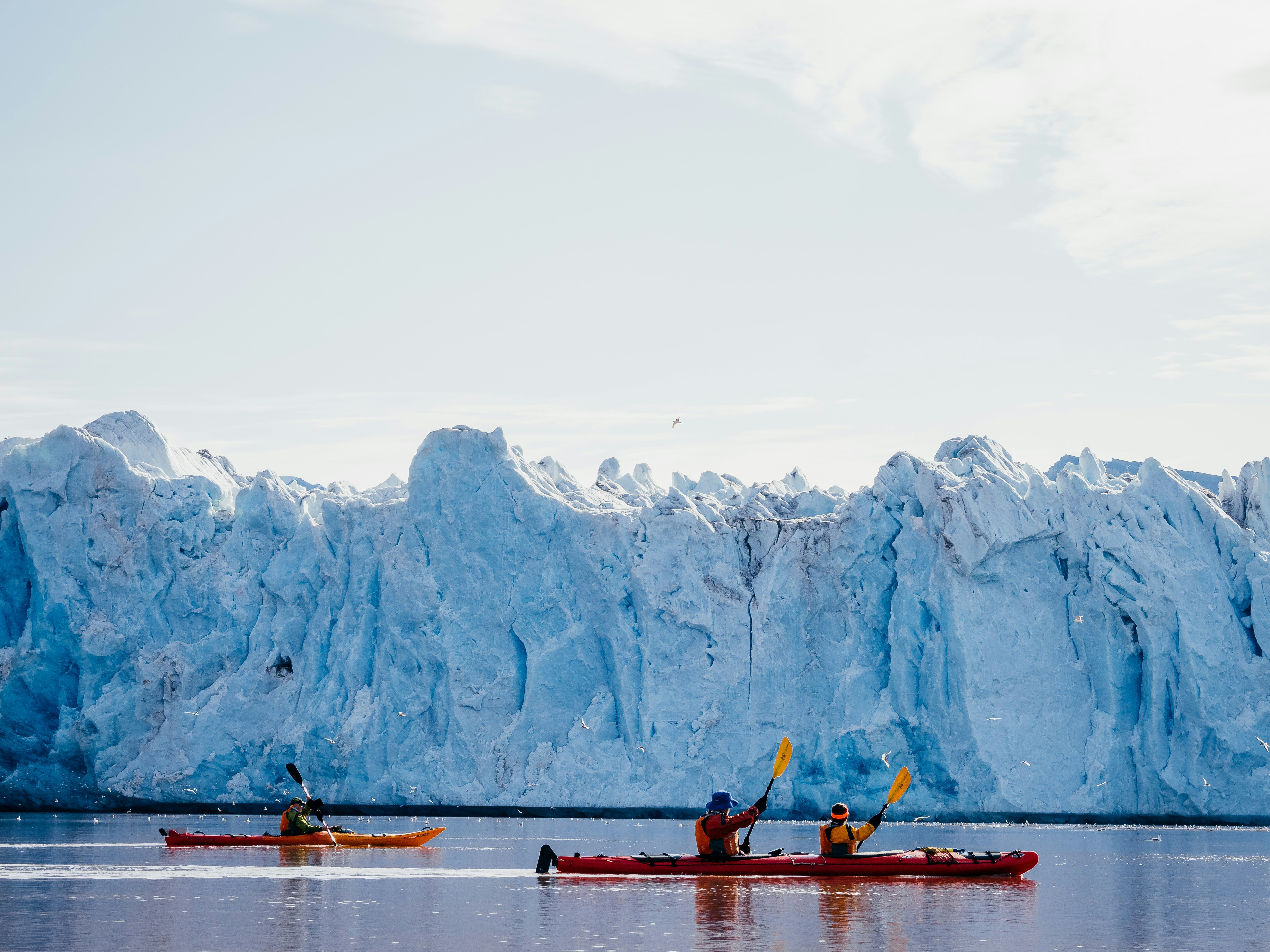




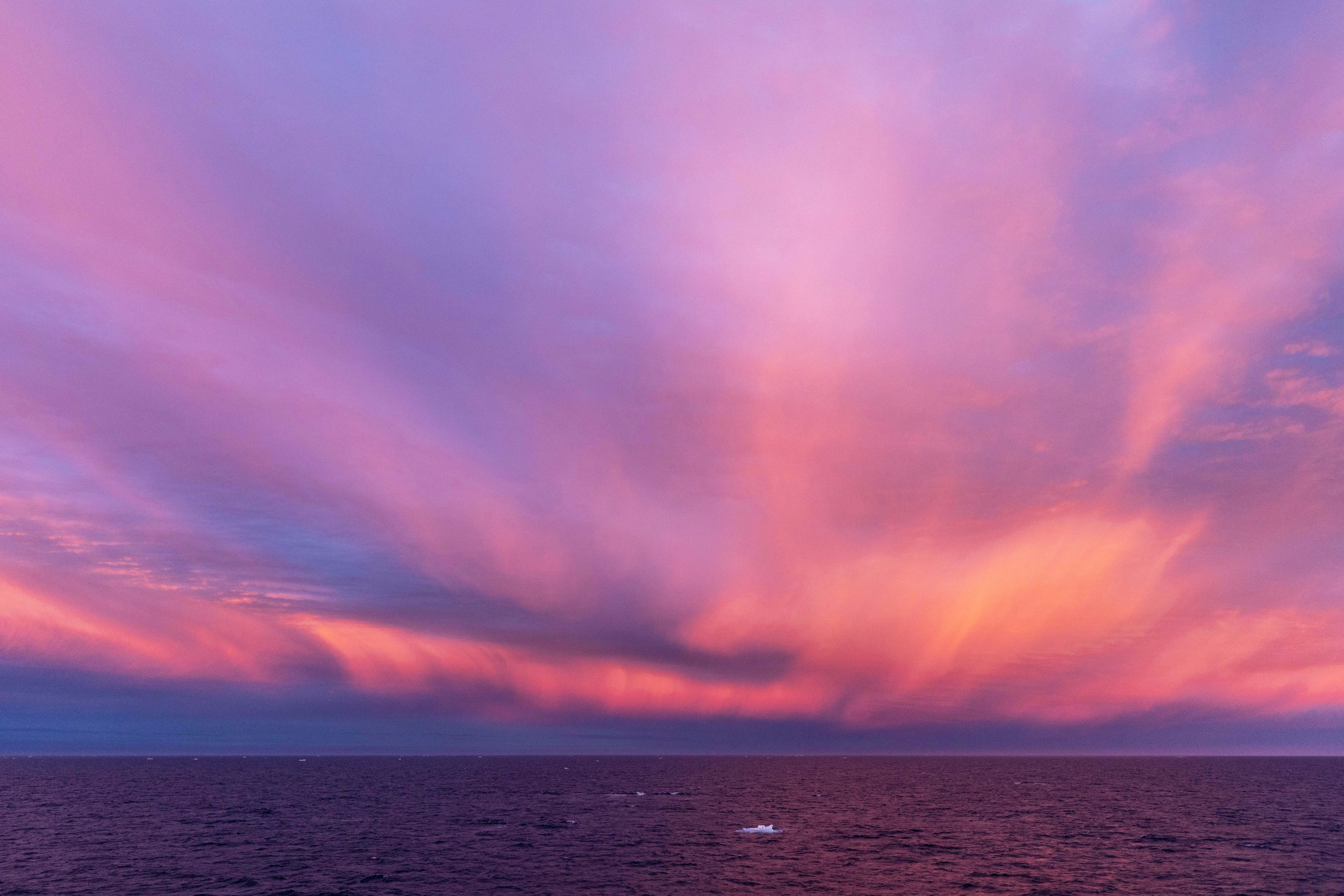

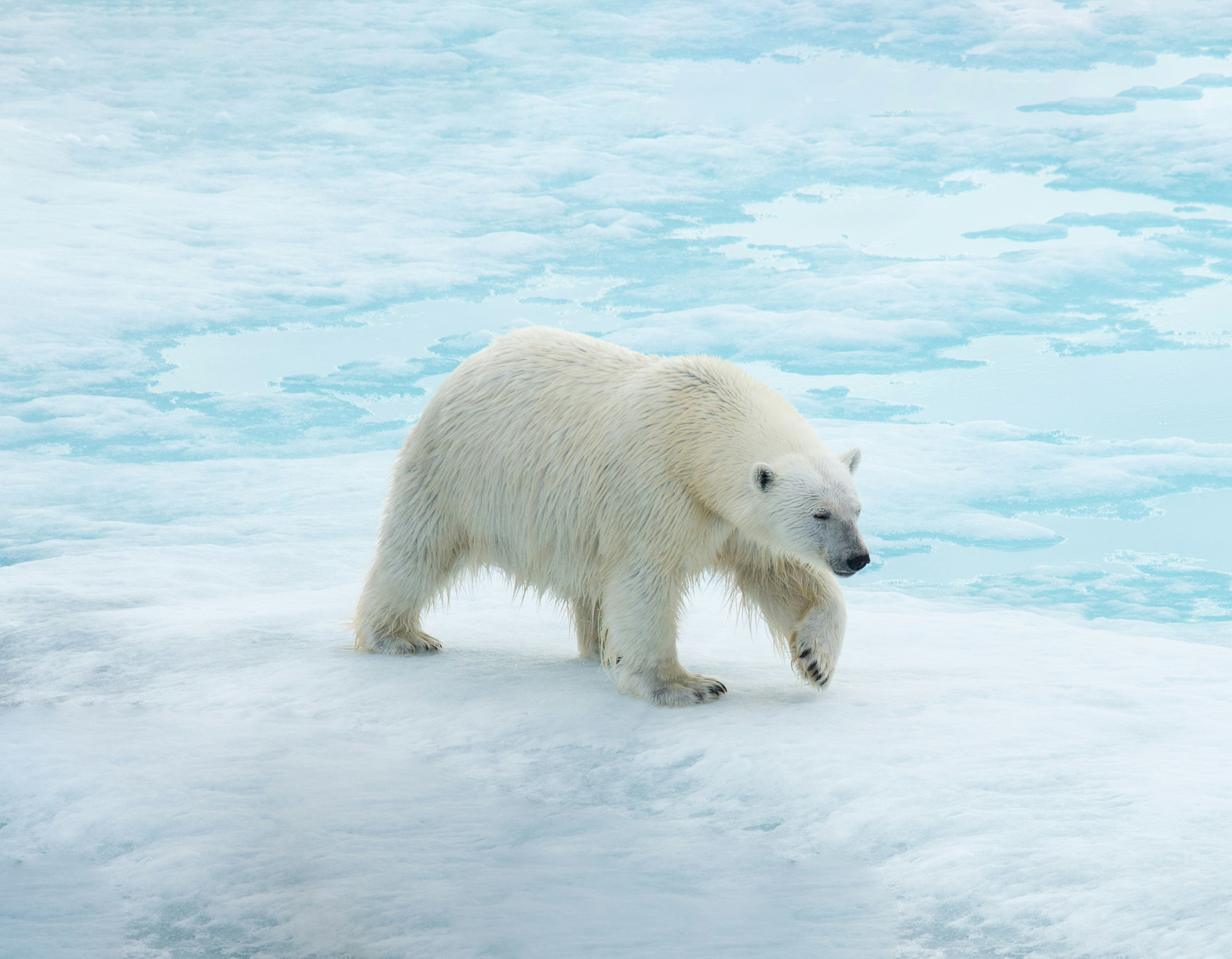.jpg?language=en&auto=format&w={width}&fit=cover)


